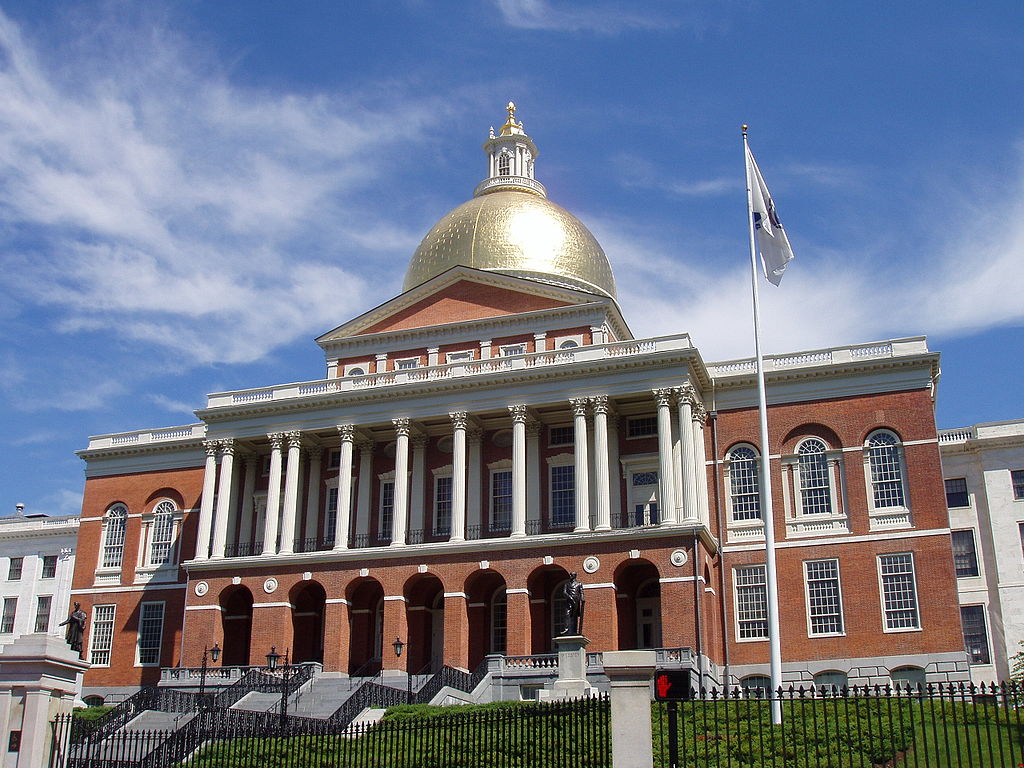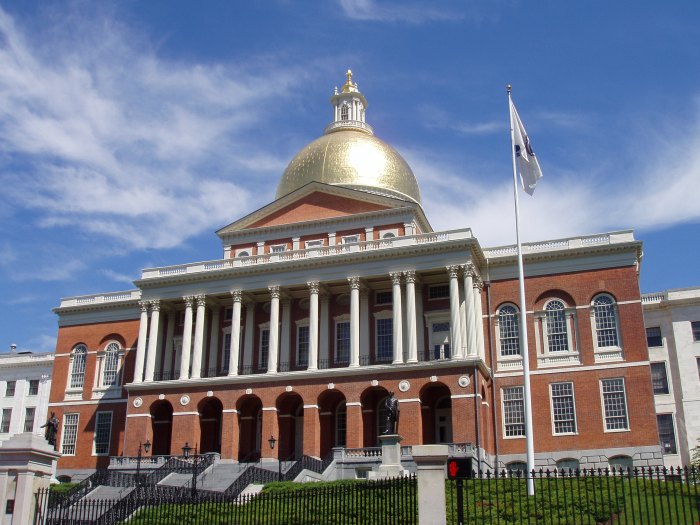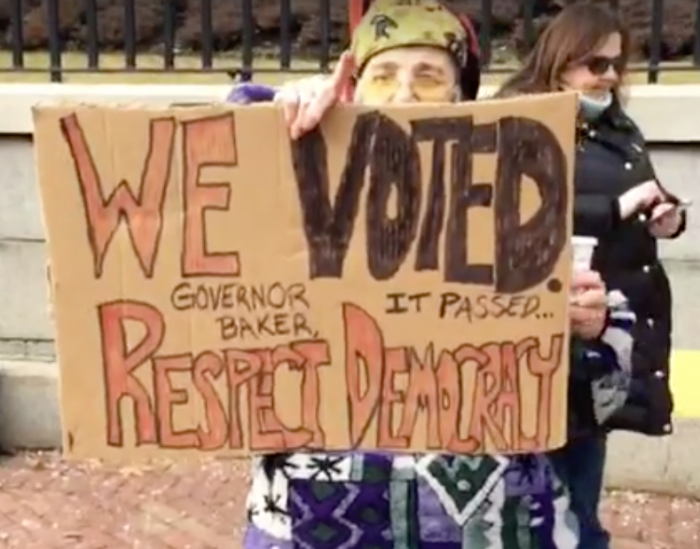A year after establishing new anti-discrimination and access rights for transgender individuals, Massachusetts lawmakers are pushing to close the door on any initiative petitions that would restrict people’s “freedom and equality” rights.
An amendment to restrict voter-led petitions was quietly endorsed by the Legislature’s Joint Judiciary Committee last Wednesday and could in the next few days be placed on the Constitutional Convention calendar for this two-year session.
The constitution already bars initiative petitions that are “inconsistent” with individuals’ rights set forth in the Declaration of Rights, which is similar to the Bill of Rights included in the U.S. Constitution, and disallows citizen-led ballot measures that appropriate money.
The only proposed constitutional amendments endorsed by any legislative committee so far this session are the ones to bar voter-initiated petitions that restrict “rights set forth in this constitution to freedom and equality, or the right of each individual to be protected by society in the enjoyment of life, liberty and property, according to standing laws.”
Rep. Byron Rushing, a Boston Democrat and a sponsor of the proposed amendment, submitted testimony to the Judiciary Committee arguing that “fairness and equality can disappear when the majority determines the rights of a less powerful group.” Rushing said the restriction on initiatives would apply to both proposed new laws and proposed changes to the constitution, and he said if it were adopted lawmakers themselves would still have the authority to pass laws restricting people’s civil rights.
After the Supreme Judicial Court legalized same-sex marriage in a 2003 decision, activists and lawmakers came close to putting a constitutional amendment on the ballot that would have outlawed gay marriage.
Sen. William Brownsberger, the Senate chairman of the Judiciary Committee, told the News Service the proposed amendment would prevent hypothetical ballot questions infringing on the “freedom to marry,” and he said it could also apply to “women’s rights questions in the future.”
Activists last year filed enough signatures to qualify a 2018 ballot question that would repeal the law granting transgender individuals the right to use the public restroom that matches their gender identity rather than gender assigned at birth. The law also prohibited discrimination against transgender people at restaurants and other places of public accommodation.
Brownsberger said even if it is ultimately adopted, the proposed amendment would not be in place in time to affect the 2018 ballot question.
Rushing said he thinks if his proposal was part of the constitution today it would bar the attempt to repeal the transgender rights law. The attorney general makes initial determinations about whether proposed ballot measures comply with the constitution, and those decisions can be challenged at the Supreme Judicial Court.
The committee proposed a redraft (S 2055) of Rushing’s proposed amendment (H 65), and endorsed a proposal (S 12) sponsored by Sen. Cynthia Creem that would have the same effect. Rushing said this session is the first time his proposal has received a favorable report from the committee. Rep. Colleen Garry, a Dracut Democrat who was the only member of the Judiciary Committee to dissent on Creem’s proposal, did not respond to requests for comment.
House and Senate have until May 10 to adopt orders placing items on the Constitutional Convention calendar.
According to the Senate clerk’s office, the first item on the calendar for the next joint session will be the roughly $2 billion surtax on incomes over $1 million (S 10), which was advanced by the Legislature last session and could appear on the 2018 ballot.
Ten of the 12 constitutional amendments filed for the 2017-2018 session failed to garner committee endorsements but received some support from members.
Sens. Patricia Jehlen, a liberal Democrat from Somerville, and Sen. Ryan Fattman, a conservative Republican from Webster, supported a proposal (S 11) to create an independent commission that would submit a redistricting plan to the Legislature. The Committee on Election Laws opposed that proposal by Acton Democrat Sen. Jamie Eldridge along with a similar commission proposal (H 59) sponsored by North Reading Republican Rep. Bradley Jones.
While they list dissenters, the committees’ reports on constitutional amendments sent to the Senate clerk’s office did not include tallies of those voting with the majority. More comprehensive information on votes was not available from the Election Laws or Judiciary committees on Friday.
Proposed contingency plans (H 60 and H 64) for handling a vacancy in the office of governor or lieutenant governor were reported adversely by the committees on Election Laws and the Judiciary although they had the support of Rep. Marc Lombardo, a Billerica Republican; Rep. Jonathan Hecht, a Watertown Democrat; and Sen. Richard Ross, a Norfolk Republican. Both proposals direct the governor to nominate a candidate to fill a vacancy of lieutenant governor, who would need to be confirmed by the House and Senate.
Gov. Deval Patrick served without a lieutenant governor at the end of his term, and Acting Gov. Jane Swift led the state after the late Gov. Paul Cellucci was appointed U.S. ambassador to Canada.
Ross also agreed with a proposal filed by Sen. Jason Lewis, at the request of Vincent Lawrence Dixon – a Republican who challenged Lewis, a Winchester Democrat, in last year’s election – to create 10-year terms for judges at which point they could be reappointed and confirmed again by the Governor’s Council. Under current law, judges serve without need for reappointment until they reach the mandatory retirement age of 70.
Gloucester Republican Sen. Bruce Tarr’s proposal (S 15) requiring a two thirds vote for lawmakers to tap into the state’s stabilization account was not acted upon by the Committee on State Administration and Regulatory Oversight by Wednesday’s deadline, which is set under Joint Rule 23.
























